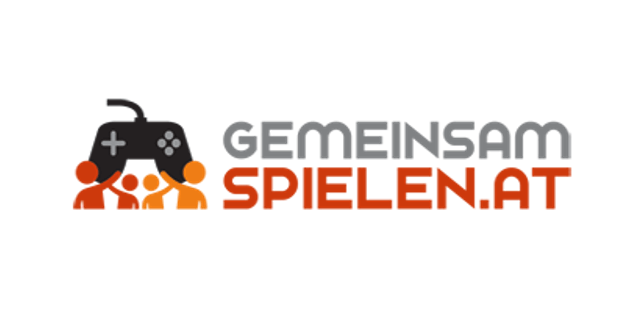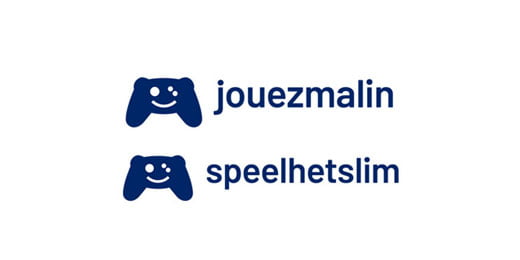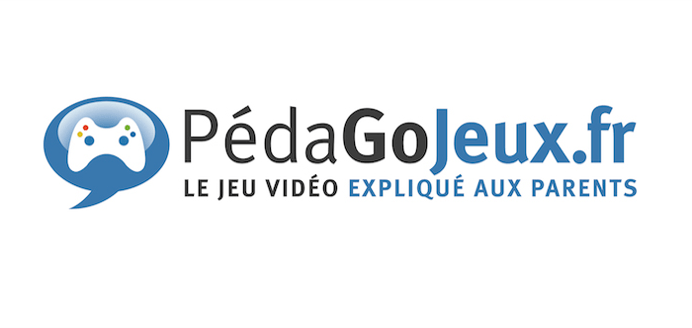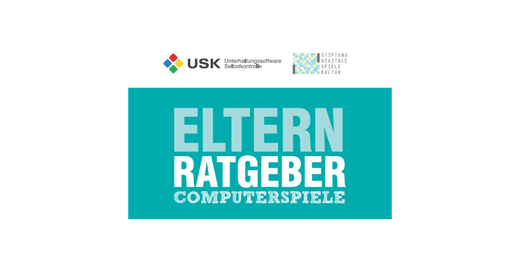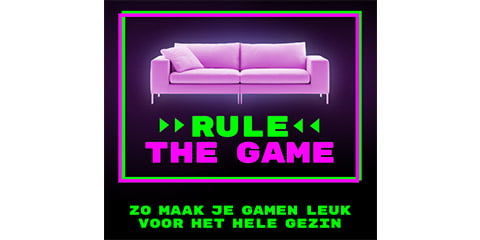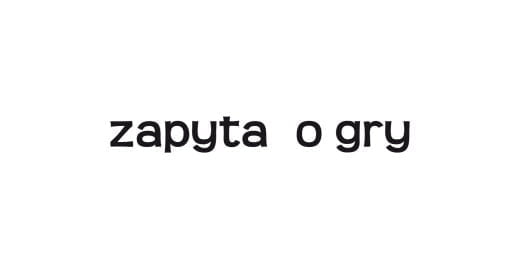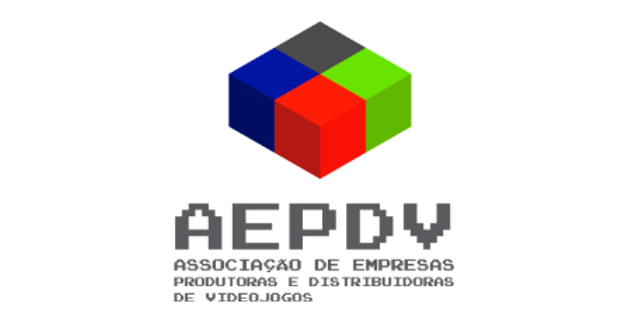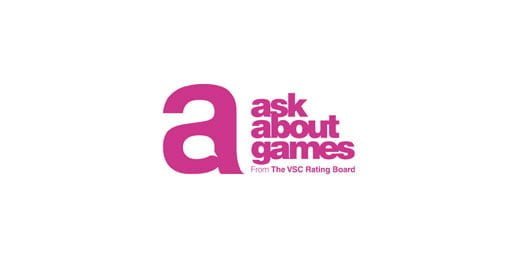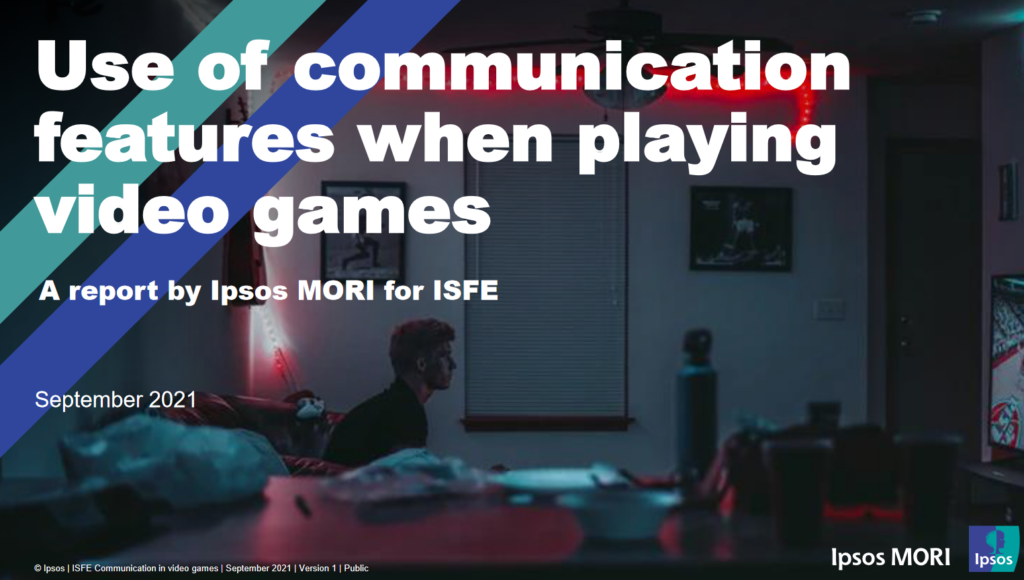Responsible Gameplay
Video Games Europe is at the forefront of raising the bar in harmonised self-regulation and responsible gameplay. We are the founder of PEGI, the Pan European Game Information System, a self-regulatory age rating system for video games that is used in 40 countries across Europe – and it has the enthusiastic support of the European Commission.
Video Games Europe and its members have a proven track record in protecting minors. We do this through several tools: PEGI, parental controls tools and regular campaigns at national level. Video Games Europe and our members also provide guidance to parents on how to manage responsible game play.
Understanding in-game purchases
View more
Safe & healthy gameplay
View more
Player and parental controls
View more
Responsible gameplay in your country
View more
#SeizeTheControls campaign
View more
Helping parents make informed decisions
PEGI (Pan-European Game Information) was founded in 2003 by Video Games Europe as a self-regulatory age rating system for video games. The system is part of the industry’s commitment to protect minors and to build trust with consumers by ensuring that reliable information about video game content is provided in a responsible manner. All the major game platforms use the PEGI ratings as part of their parental control tool systems.
PEGI ratings considers the age suitability of a game’s content, not the level of difficulty. The classification system comprises 5 age categories and 8 content descriptors. For more details, click here.
Today, PEGI is used and recognised throughout Europe – PEGI rated products are marketed in more than 35 countries today – and it has the enthusiastic support of the European Commission. It is considered as a model of European harmonisation in the field of minor protection and consumer transparency. Since 2003, PEGI has classified +30.000 video games, counting more than 2000 video game publishers as signatories, including all the major publishers.


PEGI Code of Conduct
PEGI was designed to ensure maximum robustness for making recommendations to European consumers, especially parents, about the suitability of video game content. Each publisher that joins PEGI has to sign a Code of Conduct by which it is committed to provide parents with objective, intelligible and reliable information regarding the suitability of a game’s content. By signing the Code the publisher also aims to secure consistency in the advertising of a product, and to refrain from putting products on the market likely to be in breach of human decency.
In 2007 PEGI Online was launched, an EU-funded project which developed new standards for online games. This led to an update of the PEGI Code to take into account the online environment and added the obligation to keep websites free of illegal and offensive user-created content, provide user-friendly reporting mechanisms and maintain an effective protection of privacy. You can read more about the online safety code here
Always adapting to an evolving market
The video game industry is constantly evolving and PEGI’s objective and mission is to accompany the industry in its evolution. PEGI is continuously evaluating its rating system and the underlying criteria, while also working on new solutions to address the concerns of the general public and parents in particular. In 2007 PEGI was expanded to cover the online environment to help parents understand the risks and potential for harm within this environment. Learn more here. Innovations like virtual reality, new monetisation techniques and features like social interaction are constantly monitored and assessed. An international group of independent experts assists PEGI in keeping the rating criteria relevant and up-to-date.
In 2019 The PEGI App was launched allowing to check ratings and content of PEGI rated games on the smartphone. It allows to search through the PEGI database for up-to-date video game and app rating classifications. Results can be filtered by age rating, genre and platform to find the right game and get detailed instructions on how to set up parental controls on a range of devices. The app is available in 9 languages: English, French, Polish, Dutch, Italian, Spanish, Portuguese, German and Swedish. Download the App here: Google Play; Apple Store
What about the rest of the world ?
In 2013, PEGI co-founded the International Age Rating Coalition (IARC), a global cooperation of age rating boards to provide the fast-moving mobile and digital markets with a scalable solution to implement familiar age rating systems. This way, PEGI ratings are also used in Google Play for all Android devices and in other digital storefronts like the Microsoft Store, the PlayStation Store, the Nintendo eShop and the Oculus store.
Parental control tools are available on every device
Every video game platform (console, PC, tablets, smartphone) has parental control tools that are accessible to all. Video Games Europe recommends that these should be activated and used as part of a dialogue between parents and their children about responsible gaming behaviour. Parents can use these tools to control whether their child can communicate with other players, to limit the amount of time their child can play games, and to set a maximum PEGI age rating. It also allows them to disable purchases or set spending limits for a digital storefront.
Age rating

Time limit

Online spending

Online interaction
Want to activate the parental controls on your device and or platform ? click here
Find out about responsible gameplay in your country
While parental control tools are important, the industry encourages parents to show an interest in the games their children like to play, to play with them and to talk with them about responsible gaming and their online behavior. Today’s digital environment is an integral part of the modern society and parents need to engage with their children in their digital activities just as they would do in their children’s artistic, musical and physical activities. The video game industry has forums and websites at national levels in place for this specific purpose. Click below for your country, you can also consult PEGI’s tips for parents: https://pegi.info/page/tips-parents








